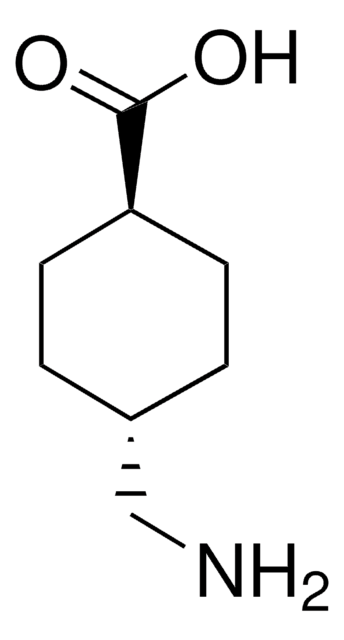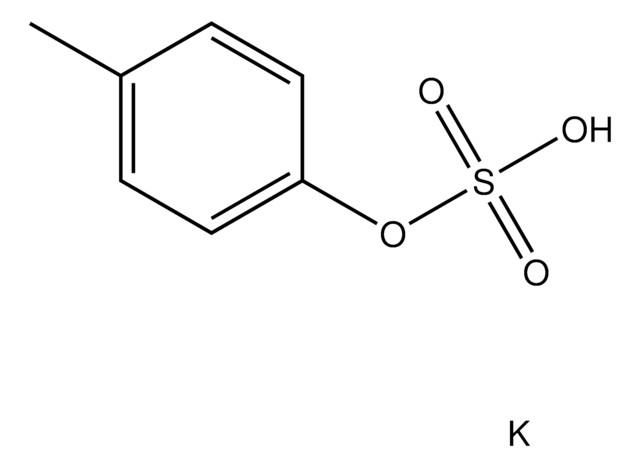96408
N-(2-Phenylacetyl)glycine
analytical standard
Synonym(s):
2-(2-Phenylacetamido)acetic acid, 2-Phenylacetyl glycine, NSC 408424, NSC 92778, Phenaceturic acid, Phenacetylglycine
About This Item
Recommended Products
grade
analytical standard
Quality Level
Assay
≥98.0% (HPLC)
shelf life
limited shelf life, expiry date on the label
application(s)
clinical testing
format
neat
storage temp.
2-8°C
InChI
1S/C10H11NO3/c12-9(11-7-10(13)14)6-8-4-2-1-3-5-8/h1-5H,6-7H2,(H,11,12)(H,13,14)
InChI key
UTYVDVLMYQPLQB-UHFFFAOYSA-N
Biochem/physiol Actions
Recommended products
Signal Word
Warning
Hazard Statements
Precautionary Statements
Hazard Classifications
Eye Irrit. 2
Storage Class Code
11 - Combustible Solids
WGK
WGK 3
Flash Point(F)
Not applicable
Flash Point(C)
Not applicable
Regulatory Listings
Regulatory Listings are mainly provided for chemical products. Only limited information can be provided here for non-chemical products. No entry means none of the components are listed. It is the user’s obligation to ensure the safe and legal use of the product.
JAN Code
96408-50MG:
96408-BULK:
96408-10MG:
96408-250MG:
96408-VAR:
Choose from one of the most recent versions:
Already Own This Product?
Find documentation for the products that you have recently purchased in the Document Library.
Our team of scientists has experience in all areas of research including Life Science, Material Science, Chemical Synthesis, Chromatography, Analytical and many others.
Contact Technical Service









